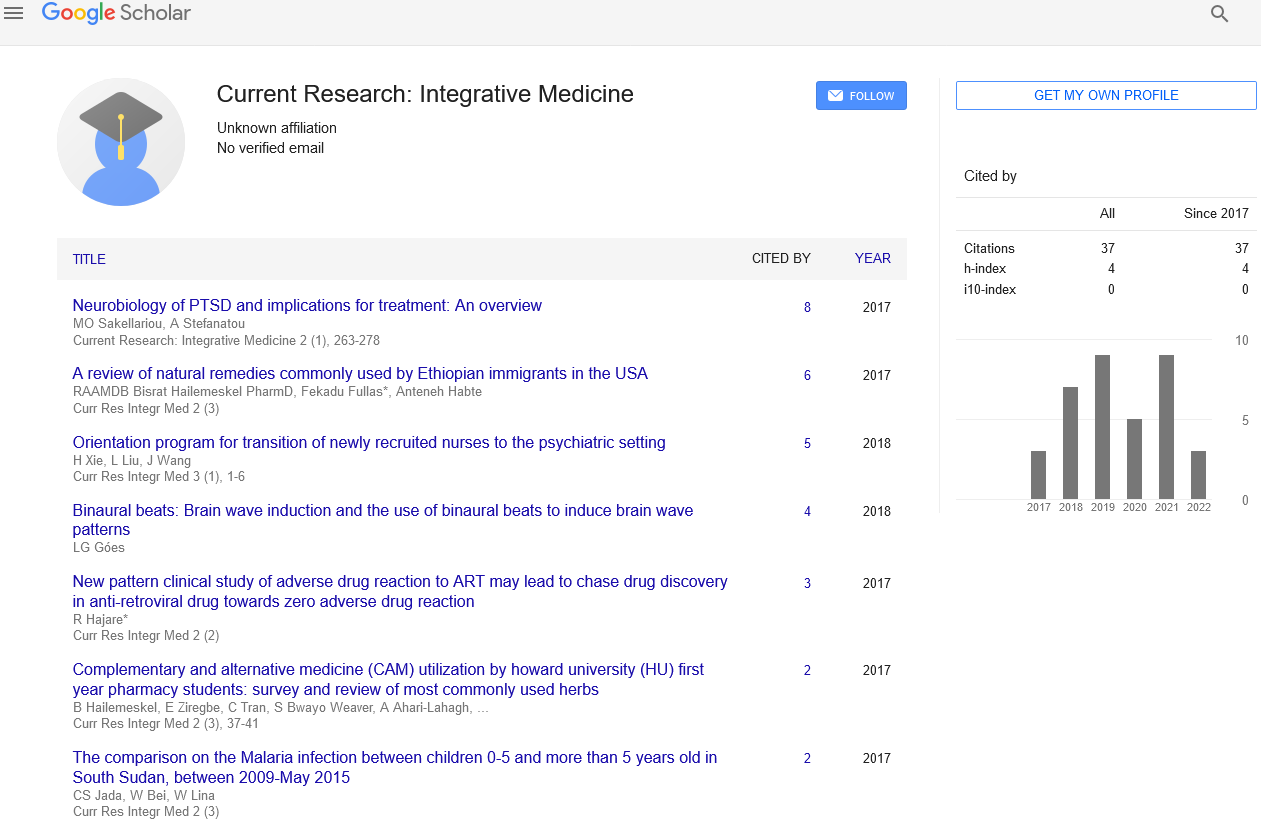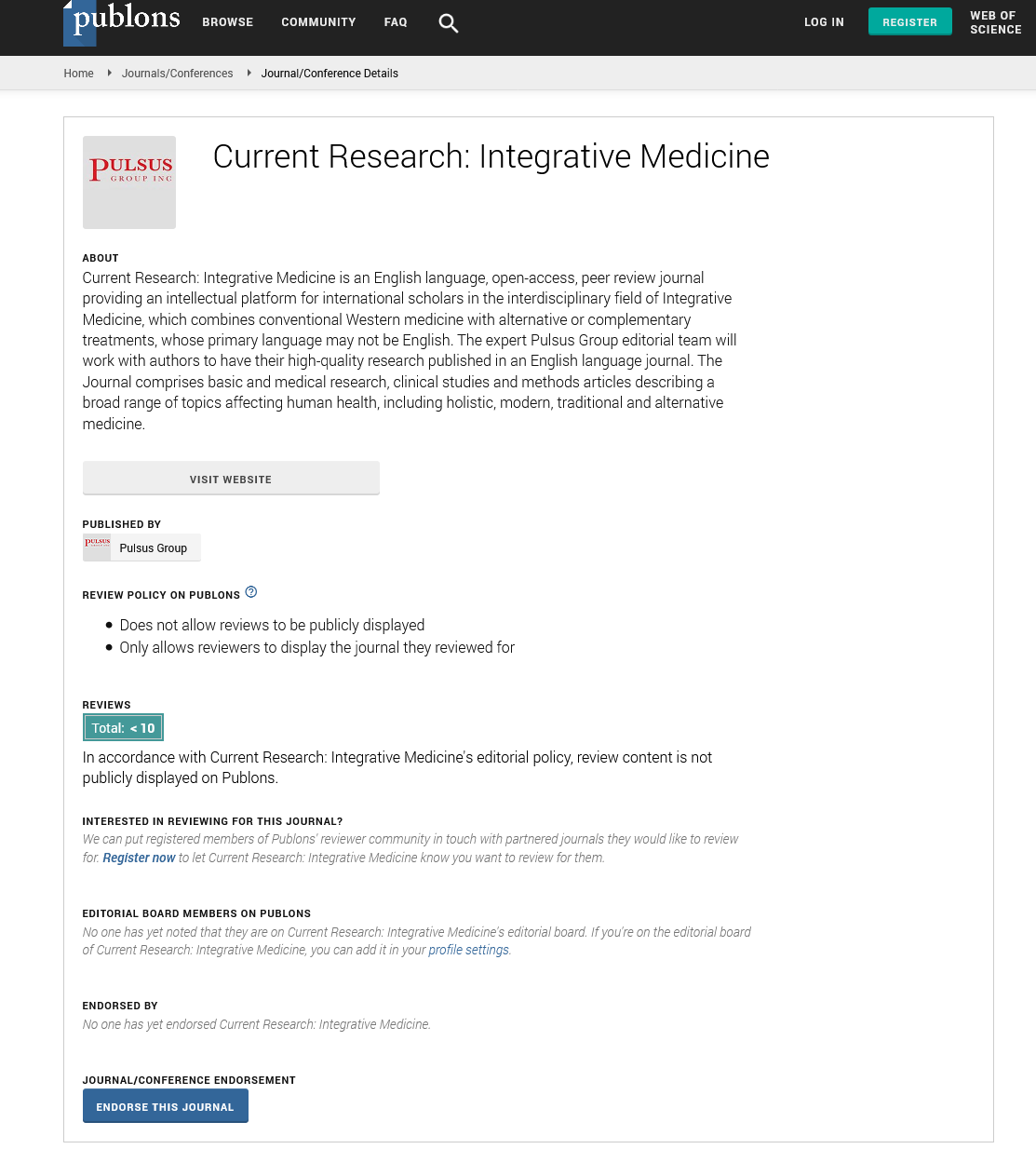
Sign up for email alert when new content gets added: Sign up
Changes in biomechanical and physical variables following six-week agility training among taekwondo players
Yoga and Physiotherapy Congress
October 16-17, 2017 Chicago, USA
AmrinderSingh
Guru Nanak Dev University, India
ScientificTracks Abstracts: Curr Res Integr Med
Abstract :
Purpose: Taekwondo requires high level of agility, lower limb strength as it helps to improve performance in activities that require you to change direction quickly while keeping balance, strength, speed and body control. The purpose of the study was to determine the effect of a 6 week agility training program on biomechanical variables i.e. the gait and kinetic and kinematic variables as well as the physical variables which included the lower limb strength, fatigue index, anaerobic power, balance, reaction time, agility and flexibility. Methodology: Thirty elite national level taekwondo players volunteered and were randomly assigned into two groups, group 1 (G1; n=15) agility training group (mean age 19�±60 2�±06 years; mean height 1�±72 0.08 m; mean mass 57�± 94 10�±27kg) and group 2 (G2; n=15) control group (mean age 20�±13 1�±55; mean height 1�±71 0�±07 m; mean mass 65�±19 16�±87). Both agility training group and control group were assessed for gait and kinetic and kinematic variables by Zebris FDM Treadmill and Noraxon TELEMYO USA., Inc.v3�±1�±10, lower limb isometric strength and fatigue index by HUR 5340 leg extension/curl computer controlled isotonic/isometric dynamometer, agility by illinois agility test; anaerobic power, lower limb reaction time, balance assessed by kinematics measurement system and flexibility assessed by sit and reach test. Control group had followed their routine training schedule, and agility training group had performed agility training for six weeks. After six weeks of training post measures were taken. Result: Significant changes (p<0.05) in Group 1 (agility training group) were observed in gait phase parameters and average mean amplitude and maximum of the left biceps femoris muscle and in the lower limb strength and fatigue index parameters. Also significant differences were found in all the physical variables tested. No significant change was found in G2 group (control group). Conclusion: This program significantly improved the performance indices and can be incorporated to improve overall performance in the athletes and can be beneficial for athletes who require quick movements while performing their sport such as taekwondo.





